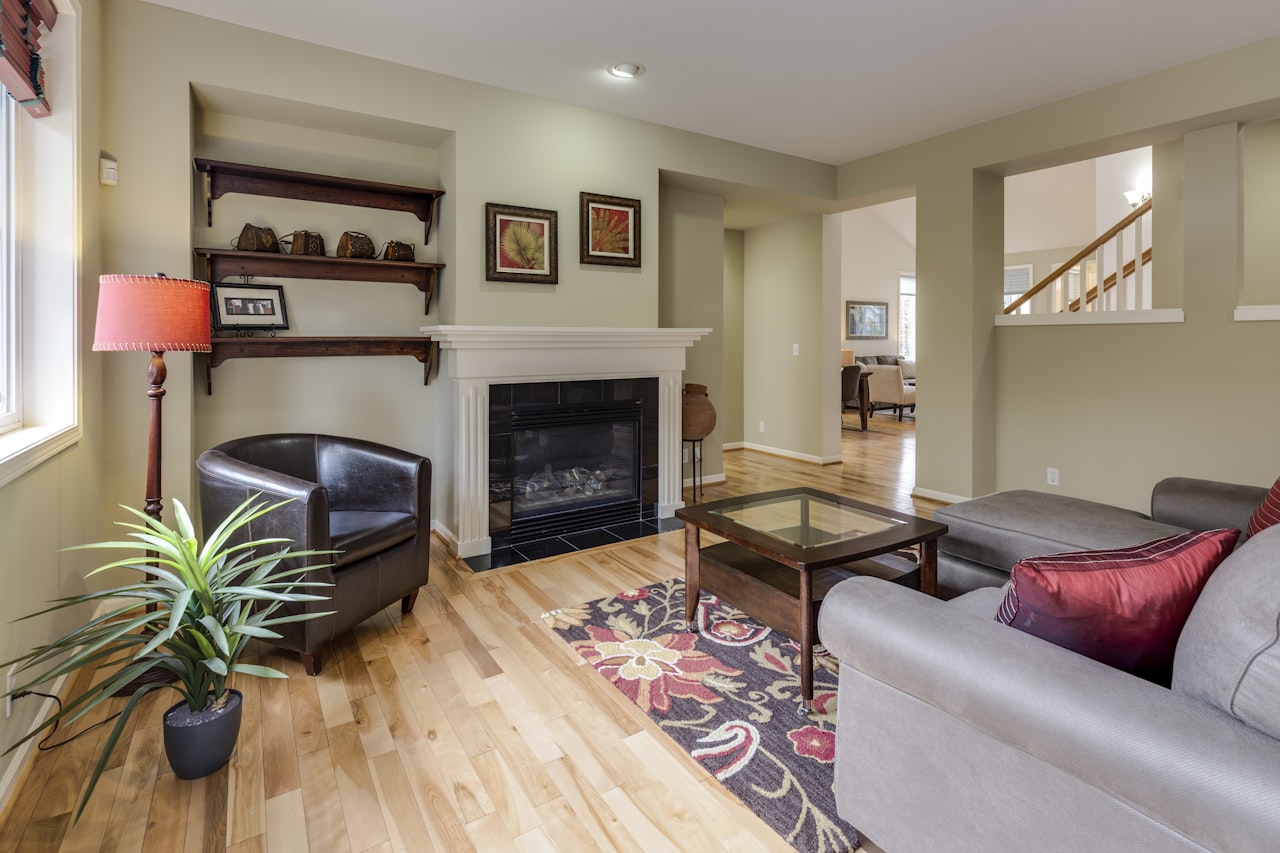Real estate remains a favored avenue for building wealth and achieving personal or financial goals. Whether you're contemplating purchasing a second home for getaways or an investment property for income, understanding the distinctions between the two can significantly impact your decision-making process. This detailed guide explains the differences between buying a second home and an investment property, especially with a focus on homes for sale in Grand Rapids, MI.
Purpose and Use
The primary difference between a second home and an investment property lies in their intended use. A second home is typically used as a vacation spot or a weekend retreat for the owner and their family. It’s a place where you can relax, spend holidays, or even work remotely in a more desirable location. On the other hand, an investment property is purchased primarily to generate income, through either long-term leasing or short-term rentals, and potential appreciation in value over time.
Financing Options
Financing a second home or an investment property comes with different stipulations and challenges. Mortgage rates and down payment requirements tend to vary significantly:
-
Second Homes: Lenders often offer more favorable mortgage rates for second homes compared to investment properties, similar to primary residence rates. Typically, buyers might need to put down at least 10% of the home’s purchase price.
-
Investment Properties: Since these properties carry a higher risk due to potential rental vacancies, lenders usually require a larger down payment, often 20-25%, and charge higher interest rates.
Tax Implications
Tax treatment for second homes versus investment properties can greatly affect your finances:
-
Second Homes: Interest on mortgages and property taxes are typically deductible, similar to your primary residence. However, if you rent out your second home for more than 14 days a year, you must report this income to the IRS.
-
Investment Properties: Owners can deduct not only the interest and taxes but also costs related to property management, maintenance, and depreciation. These deductions can offset income and reduce tax liabilities, making investment properties particularly attractive from a tax perspective.
Insurance Costs
Insurance premiums are generally higher for both second homes and investment properties compared to primary residences, but for different reasons:
-
Second Homes: Since second homes are often located in vacation areas, they may be more susceptible to risks from natural disasters or be left unoccupied for long periods, increasing insurance costs.
-
Investment Properties: Insurance for investment properties typically costs more because landlords need additional coverage for liabilities and potential loss of rental income.
Management Responsibilities
Owning a second home or an investment property comes with varying levels of management responsibility:
-
Second Homes: While primarily used for personal enjoyment, second homes do require regular maintenance to keep the property in good shape, especially when not in use.
-
Investment Properties: These properties demand more active management, including finding and managing tenants, handling leases, and dealing with ongoing maintenance issues. Many investorschoose to hire property managers to handle these tasks, especially if they do not live nearby.
Market Considerations
When exploring homes for sale in Grand Rapids, MI, it’s important to consider market conditions which can influence whether a second home or an investment property is a viable purchase:
-
Second Homes: Look for locations that offer a high quality of life, recreational activities, or scenic beauty. These factors enhance personal enjoyment and can contribute to property value over time.
-
Investment Properties: Focus on areas with high rental demand, such as near universities, hospitals, or business districts, which can ensure lower vacancy rates and higher rental income.
Long-Term Financial Goals
The choice between buying a second home or an investment property should align with your long-term financial goals:
-
Second Homes: Ideal for those seeking a personal retreat or long-term family legacy, but less focused on immediate financial gains.
-
Investment Properties: Best suited for those primarily interested in generating passive income and building wealth through real estate investments.
Partner with The Cheryl Grant Real Estate Team
Whether you’re considering a cozy vacation home or a lucrative rental property, understanding the nuances between buying a second home and an investment property is crucial. Each has its benefits and challenges, and the right choice depends on your personal preferences, financial situation, and long-term goals.
For those looking into homes for sale in Grand Rapids, MI, and contemplating either a second home or an investment property, careful consideration and expert advice are key. Reaching out to the experienced real estate professionals from The Cheryl Grant Real Estate Team, who understand the local market, can provide invaluable guidance and help you make a decision that best suits your needs and aspirations.
For those looking into homes for sale in Grand Rapids, MI, and contemplating either a second home or an investment property, careful consideration and expert advice are key. Reaching out to the experienced real estate professionals from The Cheryl Grant Real Estate Team, who understand the local market, can provide invaluable guidance and help you make a decision that best suits your needs and aspirations.













































































